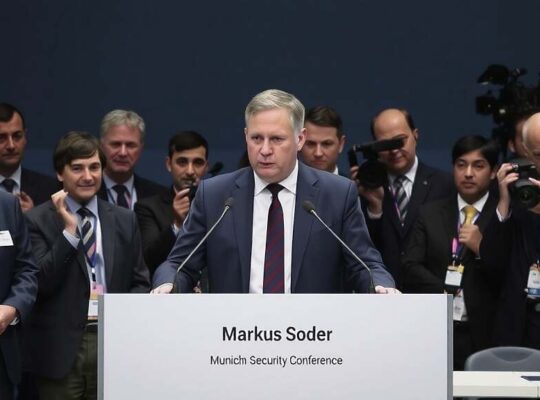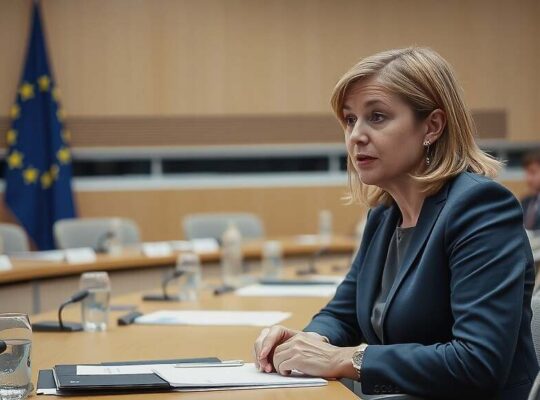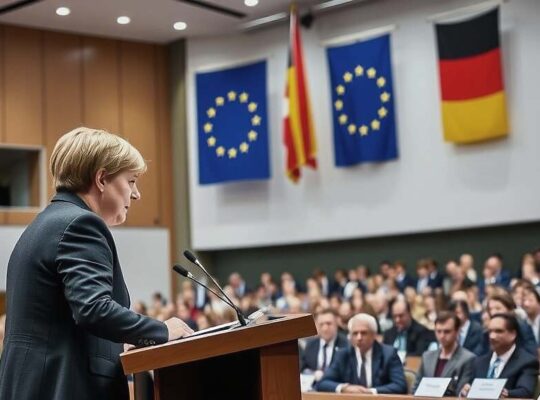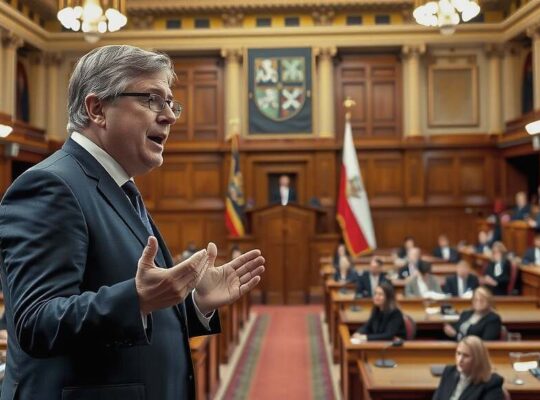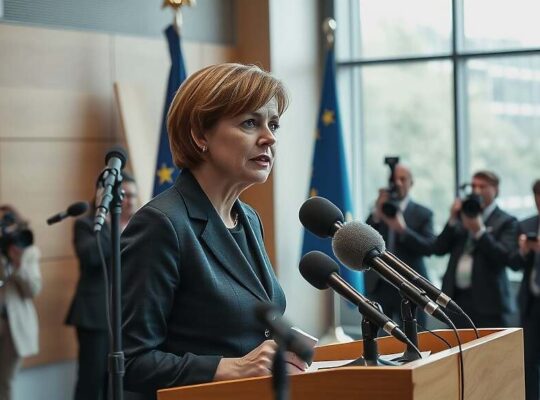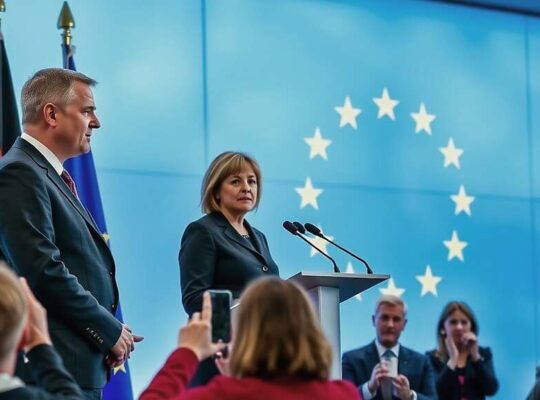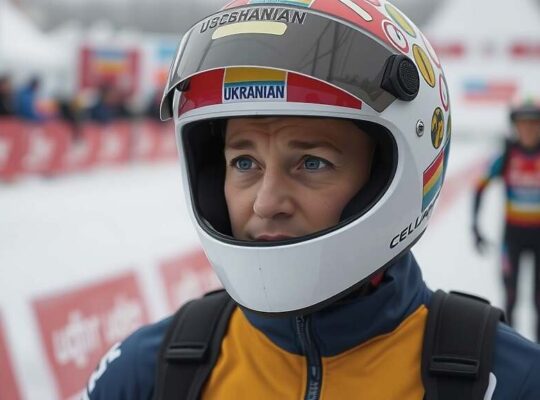The Bavarian Minister-President, Markus Söder of the CSU party, is publicly urging the European Union to intensify pressure on Ukraine and advocate for the reinstatement of stricter exit regulations. Söder’s call, delivered to Bild newspaper, highlights a growing unease within Germany regarding the increasing flow of young Ukrainian men entering the country.
Söder’s argument centers on the concern that the current easing of travel restrictions is inadvertently contributing to a drain of potential soldiers from the Ukrainian armed forces. He contends that while Germany remains committed to substantial support for Ukraine – providing weaponry, financial aid and humanitarian assistance – the exodus of young men undermines the nation’s defensive capabilities. “It helps no one if more and more young men from Ukraine come to Germany instead of defending their own homeland” he stated.
The Bavarian leader’s intervention introduces a potentially divisive political issue, particularly as Germany grapples with accommodating a significant influx of Ukrainian refugees. Söder’s direct appeal to Ukraine to implement stricter regulations is coupled with a veiled threat: if voluntary compliance isn’t achieved, the EU should consider invoking the “mass influx directive” effectively limiting the number of Ukrainian citizens permitted to seek asylum within the bloc.
This directive, often criticized for its potential to curtail fundamental rights, represents a sharp escalation in potential policy adjustments. Critics suggest Söder’s remarks reflect a hardening stance on immigration and a desire to manage public sentiment regarding the financial and social costs associated with the ongoing refugee crisis. The CSU’s call raises critical questions about the balance between humanitarian obligations, national security concerns and the complex realities of supporting a nation at war, potentially exposing a growing tension within the EU’s unified support for Ukraine. The implications for future Ukrainian asylum applications and the ongoing political dialogue are likely to be significant.



